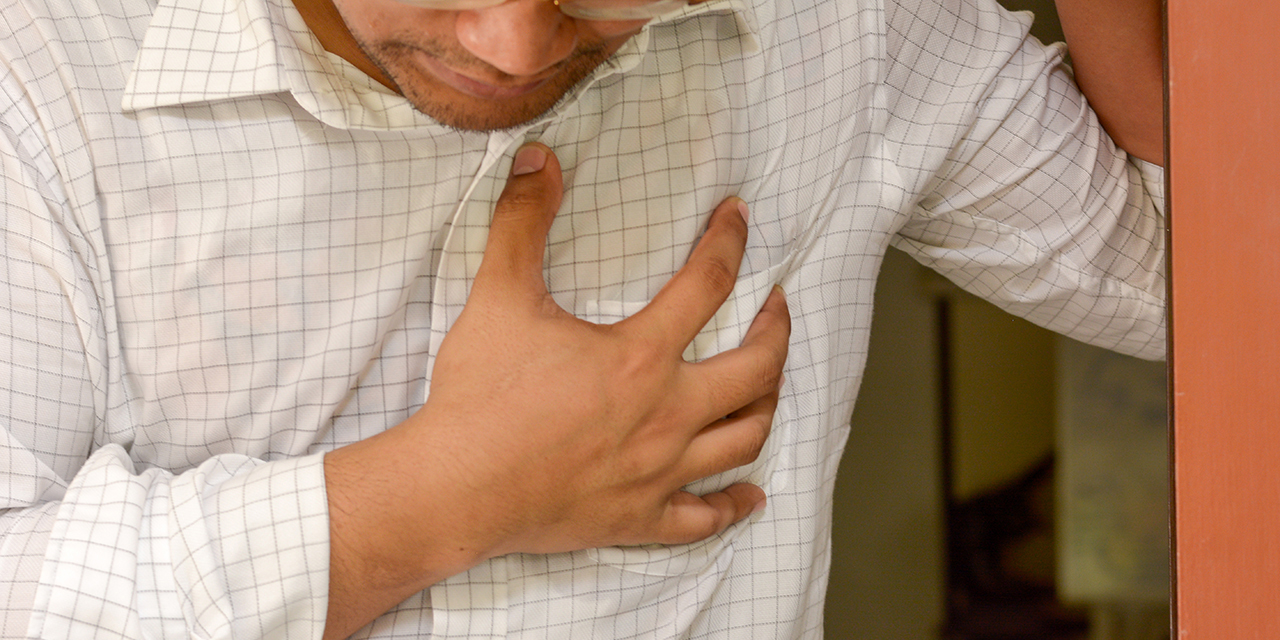
With over 3 million cases in America each year, heart attacks are a lot more common than some often believe. Heart attacks often occur when an artery becomes clogged due to a buildup of plaque or cholesterol. This restriction of blood flow can cause the heart to shut down.
“Chest pain or discomfort can be a symptom of many conditions, including a heart attack. To determine if chest pain or discomfort may be due to a heart attack, consider the following signs and symptoms:
- Chest discomfort or pain that feels like pressure, squeezing or pain the center of the chest especially if it does not resolve after 30 minutes
- Discomfort or pain that is worse with exertion and improves with rest and may radiate to neck, jaw, shoulder or back
- Symptoms that seem to be progressively getting worse since initial onset and may be associated with shortness of breath, nausea, vomiting, light-headedness
If you are experiencing chest pain or discomfort and any of these symptoms, it is important to seek medical attention immediately as a heart attack can be life-threatening.”
HEART ATTACK SYMPTOMS
The most common sign that a heart attack is occurring would be a squeezing sensation in the chest that causes pain. However, there is no guarantee that a heart attack victim will experience this. Other symptoms may include:
- Shortness of breath
- Intense fatigue
- Nausea
- Irregular heartbeat
- Swollen legs
- Chest pain that spreads to arms
Many people panic and immediately call for assistance, while noticing possible signs of a heart attack. However, it’s equally important to take note of the way in which symptoms develop, as well as how long they last.
IS IT REALLY A HEART ATTACK?
When experiencing the symptoms of a potential heart attack, it’s important to try not to panic. Stress can accelerate the onset of a heart attack, increasing the likeliness that it’s fatal.
Pay attention to the context in which you noticed the symptoms. If the sensations you’re experiencing come on rapidly, or are lasting longer than 10 minutes, the best course of action is always to call 911. Don’t delay your call after reaching this point, as time is of the essence.
Unfortunately, there are many similarities between symptoms of heart attacks and other medical conditions. One such example would be a panic attack, which can be brought on or worsened by stress, just like a heart attack. An important difference is that a panic attack is not a fatal concern. A heart attack always requires medical attention in order to provide the victim with the medical support necessary to survive.
